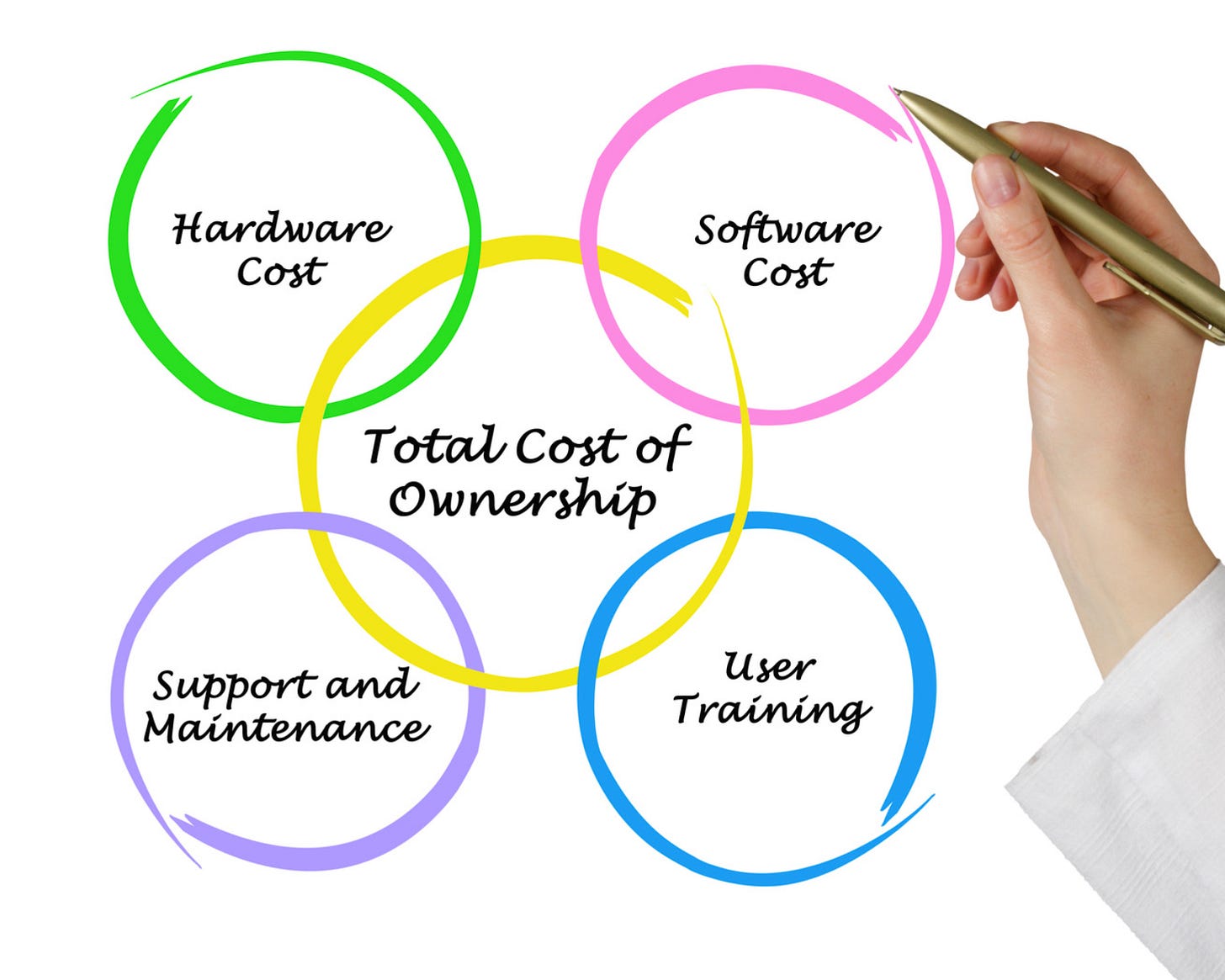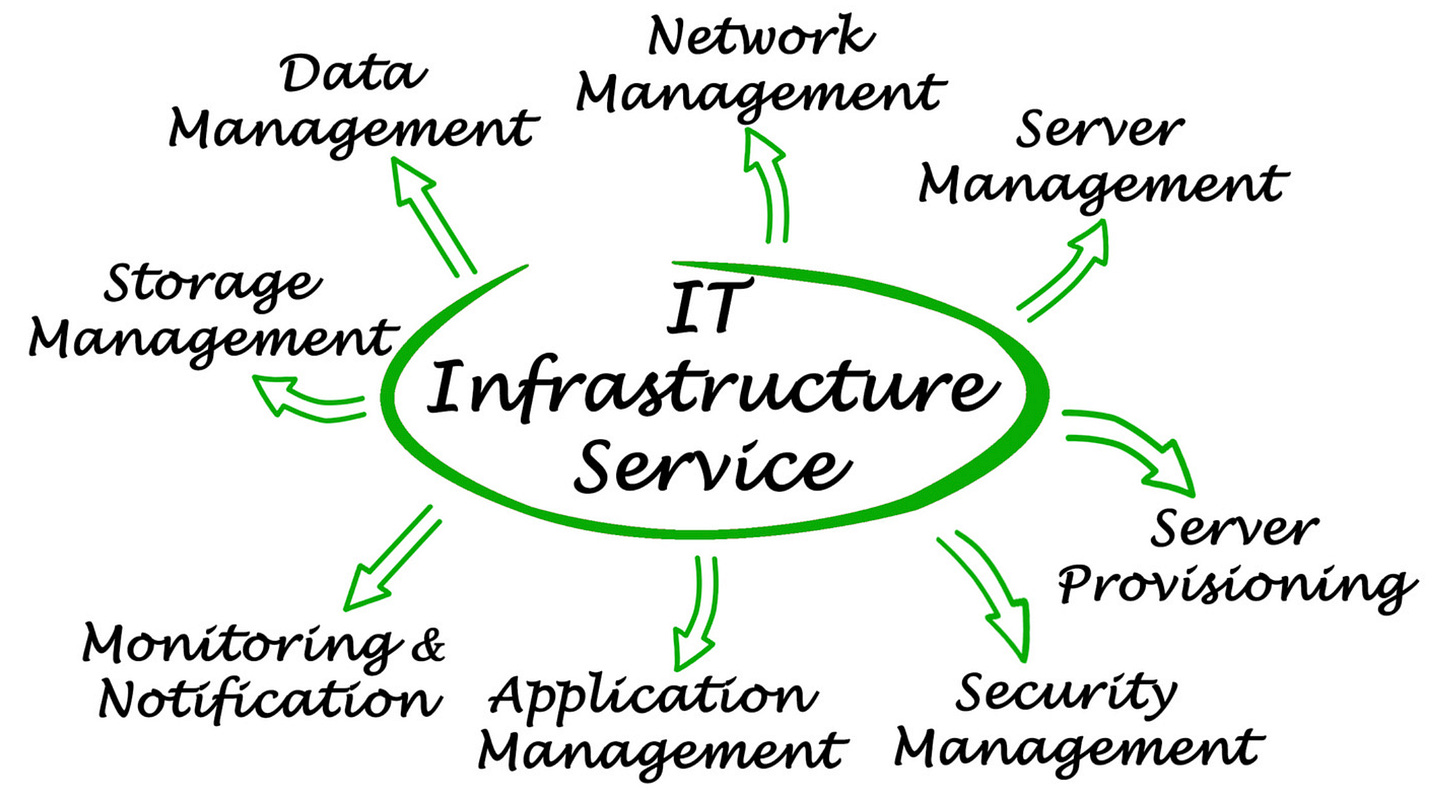Data Governance for Artificial Intelligence
Implementing a Data Governance Policy Plan to Prepare for AI
The majority of private companies in the world are not ready for Artificial Intelligence because of their Data Governance. The Data Infrastructure, Software, Methodology, People, and Business Culture in millions of organizations globally are behind the dramatic changes Artificial intelligence will bring in this decade and beyond. Here is an outline of the major themes for implementing a Data Governance Policy Plan for your organization to prepare for Artificial Intelligence.
Assign Data Ownership with Lifecycle Policies
Formally define Data Domains and designate accountable Data Owners across departments to institute responsibilities. Meet, collaborate, and explore their data characteristics and evolution over time across different teams in each department. Outline Data Lifecycle Policies aligned to data types for continuity, including collection, storage, usage, and destruction. Create a Data Taxonomy detailing access privileges to guard integrity as assets once operationalized into AI.
Create a Management Strategy for your Data
Expand into formalizing Data Analytics practices in each department using classical Data Science techniques like Exploratory Data Analysis to gain business insight into the properties of datasets. Clearly define Data Quality with quality metrics on accessibility, accuracy, clarity, completeness, relevance, and timeliness. Create a cross-department Data Catalog to encourage Data Literacy and reduce Data Silos to encourage organizational collaboration.
Assess Data Infrastructure Robustness and Risk
Learn the current capacities and growth limits with your data to guide the business. Begin by auditing data pipelines to assess scaling capacity for historical data's projected throughput to shape reliable AI. Direct the operational workflow by carefully planning high-quality annotated dataset development, funneling sample prioritization into AI training, and then ongoing model refresh and monitoring. Manage risk by engineering safety into development, formalizing reviews, and ensuring AI operates safely, fairly, and aligned to human values proactively rather than reactively alone.
Institute Change Management
Effective change management requires early and ongoing education across teams to establish a shared vision that counteracts typical misconceptions introduced with AI. Educating staff top-down on embracing data-driven cross-team collaboration flattens resistance and smooths adoption beyond typical barriers. What success represents, how roles evolve, why existing practices shift, and what timely participation necessitates should be communicated cross-functionally.
Check out our Individual AI Accelerator, AI Incubator for Corporate Team Training, or our webinar to learn more.
By John Thomas Foxworthy
M.S. in Data Science from a Top Ten University w/ a 3.80 GPA or the top 5%
Veteran Data Scientist with his first Data Science Model in 2005
Freelance Artificial Intelligence Consultant for a Start-Up as of February 2024
Deep Learning Artificial Intelligence Instructor at UCSD Extended Studies
Master Instructor at Caltech’s Center for Technology & Management Education for Artificial Intelligence, Deep Learning, and Machine Learning






